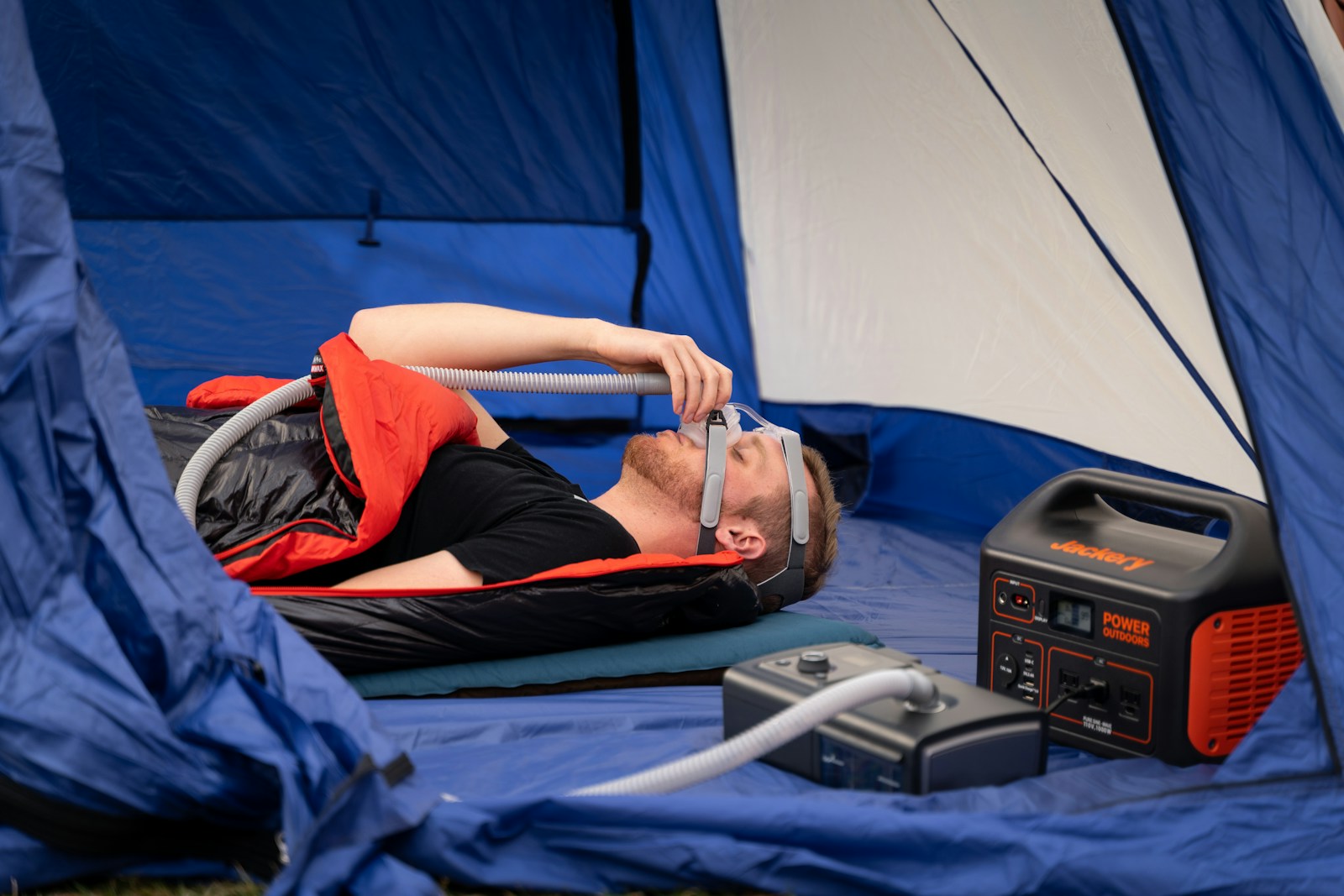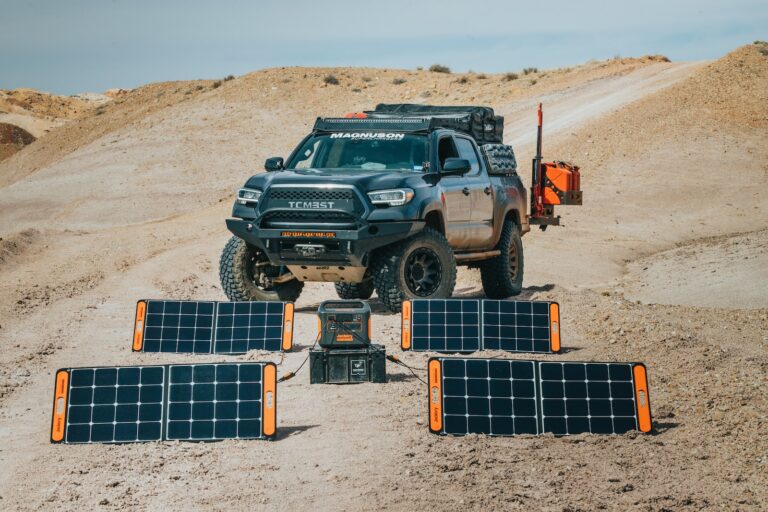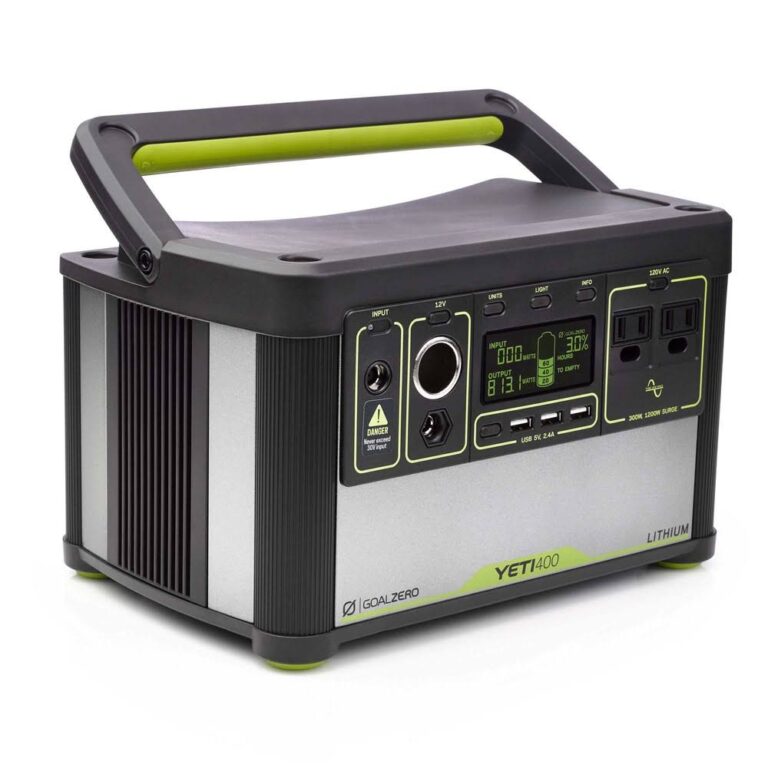Portable Power Stations for Medical Devices: A Reliable Backup Power Solution
In the event of a power outage or extended power disruption, having a reliable backup power source is crucial for maintaining the operation of essential medical devices. Portable power stations have emerged as a versatile and convenient solution, offering a compact and portable source of electricity that can power a wide range of devices, including medical equipment. This guide will help you understand your power requirements, evaluate key factors when choosing a portable power station, and explore recommended models for medical devices.
Why Portable Power Stations Are Essential for Medical Devices
Medical devices such as CPAP machines, oxygen concentrators, nebulizers, and dialysis machines are critical for maintaining health and well-being. A sudden loss of power can have serious consequences, making it vital to have a backup power solution. Portable power stations provide a reliable, quiet, and eco-friendly alternative to traditional gas generators, ensuring uninterrupted power for your medical needs.
Understanding Your Power Requirements
Before selecting a portable power station, it’s essential to accurately assess your power needs. This involves determining the wattage consumption of your medical device and the duration of backup power required.
Steps to Calculate Power Needs:
- Check the Wattage of Your Device:
Most medical devices have a label or manual that specifies their wattage. For example, a CPAP machine typically uses between 30 to 60 watts, while an oxygen concentrator may require 300 watts or more. - Calculate Daily Energy Consumption:
Multiply the device’s wattage by the number of hours you need to run it each day. For example, a 300-watt device running for 24 hours consumes 7,200 watt-hours (7.2 kWh) per day. - Account for Efficiency Losses:
Add a 20-30% buffer to your total energy requirement to account for inefficiencies in the power station’s inverter and battery system.
Example Calculation:
If you have a 300-watt medical device and need 24 hours of backup power, you’ll require a portable power station with a minimum capacity of 7.2 kWh. Adding a 20% buffer brings the total to 8.64 kWh.
Factors to Consider When Choosing a Portable Power Station
When evaluating portable power stations for medical devices, consider the following factors to ensure you select the best option for your needs:
1. Capacity (Watt-Hours)
The capacity of a portable power station, measured in watt-hours (Wh), determines how long it can run your device. Choose a model with a capacity that exceeds your calculated energy needs to ensure reliable performance.
2. Output Power
Ensure the power station’s continuous output power rating is sufficient to handle the maximum power consumption of your medical device. For example, a 300-watt device requires a power station with a minimum continuous output power of 300 watts.
3. Portability
If you need to move the power station frequently, consider its weight and size. Compact and lightweight models are ideal for easy transport and storage, especially for those who travel or have limited space.
4. Charging Options
Look for power stations with multiple charging options, such as AC wall outlets, car chargers, and solar panels. Solar charging capabilities are particularly useful for extended outages or off-grid use.
5. Additional Features
Some portable power stations offer extra features like built-in flashlights, wireless charging pads, and multiple AC and USB outlets. These can enhance the convenience and versatility of the device.
Recommended Portable Power Stations for Medical Devices
Here’s a detailed comparison of some of the best portable power stations for powering medical devices:
| Model | Capacity (Wh) | Continuous Output Power (Watts) | Runtime for 300-Watt Device | Key Features |
|---|---|---|---|---|
| EcoFlow DELTA Pro | 3600 (3.6 kWh) | 3000 | 12 hours/day (36 hours total) | Solar charging, multiple AC and USB ports, built-in flashlight |
| BLUETTI EB70 | 2000 (2.0 kWh) | 2000 | 6.7 hours/day (20.1 hours total) | Pure sine wave inverter, MPPT solar charging controller |
| Goal Zero Yeti 5000X | 5040 (5.04 kWh) | 5000 | 16.8 hours/day (50.4 hours total) | Integrated LED display, wireless charging, multiple AC and USB ports |
| Rockpals 5000W | 5120 (5.12 kWh) | 5000 | 17.1 hours/day (51.3 hours total) | Solar charging, multiple AC and USB ports, built-in flashlight |
How to Maximize the Lifespan of Your Portable Power Station
To ensure your portable power station remains reliable for years to come, follow these maintenance tips:
- Avoid Overloading:
Never exceed the power station’s maximum output rating, as this can damage the unit and reduce its lifespan. - Store Properly:
Keep the power station in a cool, dry place and avoid exposing it to extreme temperatures. - Recharge Regularly:
If not in use, recharge the power station every 3-6 months to maintain battery health. - Use Solar Charging:
Solar panels can extend the runtime of your power station during extended outages and reduce reliance on grid power.
Conclusion
Portable power stations are a reliable and convenient solution for providing backup power to essential medical devices during power outages or disruptions. By carefully considering your power requirements and evaluating the features and specifications of different models, you can select the most suitable option to ensure uninterrupted operation of your medical equipment.
Whether you’re preparing for emergencies or planning for off-grid living, investing in a high-quality portable power station can provide peace of mind and ensure the safety and well-being of those who depend on medical devices.




